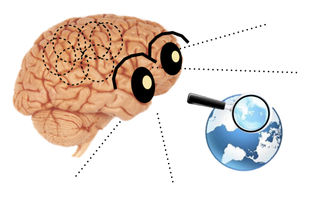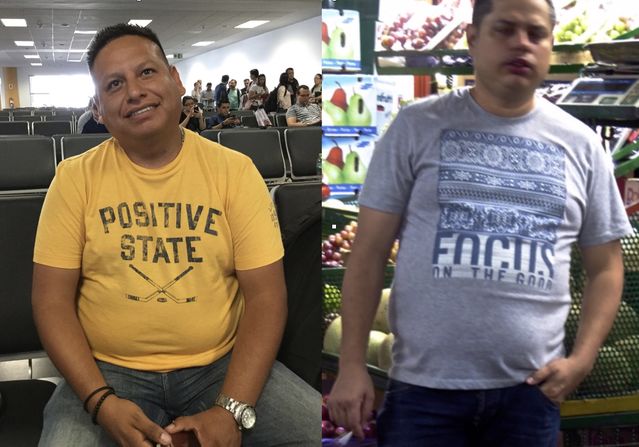Health
Mental Health Through an International Lens
The joy of positive psychology in Latin America.
Posted May 27, 2019

I used to love Positive Psychology, but it stopped feeling positive to me after a while. It felt more like blanket condemnations of our natural impulses and "our society.” I recaptured the pleasure of the field when I was invited to participate in the Latin America Positive Psychology Network. Even positive T-shirts seemed to surround me on my way home from my first conference in Chile.

Focusing on the good is a core strategy of Positive Psychology. We're encouraged to "get help" with this skill, but what if the “help” is focused on the bad? I am often struck by the negativity of people in the “helping professions.” Bitterness and rage are easily transmitted to others, especially when negativity is openly exalted in the guise of “critical” thinking.

In the midst of this frustration, I was uplifted by the Youtube series, Positivos y Felices: La Ciencia del Bienestar (Positive and Happy: The Science of Well-Being). It teaches people to be optimistic for the good of their health, career, and relationships. I haven’t heard much optimism in English lately, and it even seems like pessimism is actively promoted. It was a treat to hear Alejandra León, who lived through the earthquakes in Mexico City, go on about optimism for hours.
Ale referred to depression with a term that wasn’t in my textbook Spanish: "me deprimo." The literal translation is “I depress myself.” This got my attention. It's very different from saying “I have depression.” It honors our internal power over our brain, which makes it possible to build the skill of activating different feelings. It's harder to build that skill when you label your feelings as a disease.

I was likewise uplifted by the videos of the Instituto del Desarollo Optimo in Mexico. Alejandra López beautifully explains why positivity is realistic and possible. She details steps anyone can take to feel good. I was glad to hear about individual steps because group action seems to be the focus of the mental health talk around me. I hear a lot of exhortations to join together to fight the system, be it the political system, the healthcare system, the workplace or the home. This appeals to the mammalian urge for the safety of the herd, but it overlooks the individual effort at the core of mental health. And it even fails to build higher social skills because it rests on the mammalian urge to bond against common enemies.
The Mammalian Facts of Life
My infatuation with Latin psychology eventually yielded to a deeper truth: Latin Americans are blaming their culture for unhappiness in the same way that North Americans blame their culture. Each of us sees the negativity close to home and longs for the positivity we perceive elsewhere. I even did that in this blog post!
For example, if you want to say “I missed the bus” in Spanish, you effectively say “the bus missed me.” This makes the bus responsible instead of the individual, which is the opposite of my depression example above. Simplistic generalizations about the psychology of language are foolish.

We have all inherited the same brain so we all face the same basic challenges. It always seems like things are better in other cultures because our mammal brain is always making social comparisons. It habituates to the rewards it has and zooms in on the rewards accruing to others. Social comparison evolved because it helps a monkey learn from others. In a world of global communication, our monkey brains are doing a lot of social comparisons.
We are all united by the common challenge of managing our inner mammal. We are not born with the skill of managing our mammal brain—the skill only builds with great effort. If you don’t build your internal power, you feel like external forces are controlling you. And the more you believe you are a powerless victim of external forces, the less effort you invest in building internal skills.
Yet everyone everywhere can learn to build their power to have more positive emotions. I am thrilled to meet people from every continent who are doing that and teaching others.


